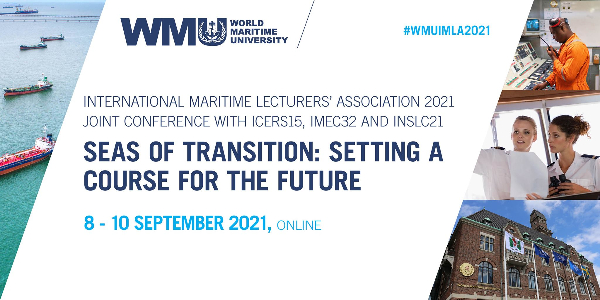Document Type
Paper
Publication Date
2021
First Page
179
Last Page
190
DOI
http://dx.doi.org/10.21677/imla2021.21
Abstract
Maritime cloud-based simulation is an emerging technological development that creates a new condition for decentralized interaction where it's content and functionality mirrors traditional on-site-simulator software. This paper uses a quasi-experimental study to examine a training design that is adaptive to the trainee. The training goal is to deliver traditional learning outcomes of comprehension and familiarity with the operation of steering gear systems. The simulator training was administered through novel cloud-based simulator technology to a sample comprising of first year students in nautical sciences (n=12) and marine engineering (n=6) at the college and university level in Norway who had no previous education or operational level experience with steering gear systems in their respective programmes. All participants (N=18) were first subjected to a knowledge acquisition phase of video conference lectures before conducting a simulator training scenario of a standardized pre-departure procedure. Data was collected from 3 sources: (1) a multiple-choice knowledge test, (2) programmed simulator performance indicators, and (3) the Self-Efficacy for Learning and Performance scale. Initial results show that the level of student's self-efficacy predicts the final training performance, and the level of knowledge prior to training is not significant for the outcome.


